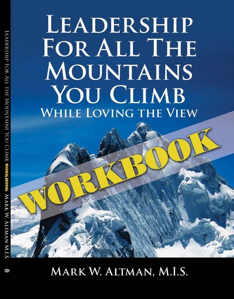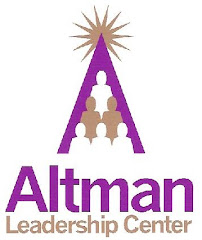“Next in importance to freedom and justice is popular education, without which neither freedom nor justice can be permanently maintained.” – James Garfield
On May 15th we will have a chance to vote on the level of funding for our local schools, so I thought a review of the history of education in the US might be helpful for people to make an informed decision. In the interest of academic honesty I should note that I have four children in the school system and my wife is a substitute teacher, but lest anyone believe I am incapable of setting either bias aside, I am more than happy to provide my list of sources upon request.
Our nation has not always had public schools, so education was often not available and was certainly not free, with the inevitable result being; only the wealthy were educated. While Thomas Jefferson was the first American leader to suggest instituting a public school system, it would take until 1852 for the first state, Massachusetts, to begin compulsory education. New York followed the next year and by 1918 all states required at least an elementary school education. It is interesting to note that Jefferson believed the government should be in charge of education so it would be free of religious influence and should be available to all regardless of status or income.
The aftermath of the Industrial Revolution necessitated an educated workforce; so High Schools really hit their stride in the 20th century as the nation educated its youth, and as such most states required school attendance through the age of 16. By 1996, 85 percent of teenagers had graduated High School compared to only 6 percent in 1900. We now find ourselves in the Information Age; with advances ever accelerating, communication speeds increasing, boundaries of all kinds shrinking or disappearing all together. In this age, and for the foreseeable future, education will be more important than ever before in human history.
Horace Mann, an early advocate of public education and a Massachusetts Representative from 1827-1833 said, “Education, then, beyond all other devices of human origin, is the great equalizer of the conditions of man, - the balance-wheel of the social machinery.” This places many demands on education, especially in educating children from troubled homes. If we are to avoid going back to the days of unequal education in which the rich and successful were virtually guaranteed to stay rich and successful because they were the only ones with access to quality education, then we must meet these kids where they are, and in many cases this means alleviating their suffering before we can educate them.
For those you of you who no longer have children in the school system, you may be tempted to believe educating other people’s children is not your responsibility. If the above reasons are too indirect to convince you, then how about your desire to have a nurse or doctor to service your health needs, firefighters to come to your rescue, military forces to keep you free, and every other function of society to include the fast food worker to count out correct change?
Given these reasons, my wife and I will be voting YES twice on the levy; once for the replacement levy and once for the small increase to compensate for inflation and the state’s reduction of funding. We wholeheartedly urge you to do the same, not for the benefit of teachers or politicians but for the benefit of your nation and your future.
Altman Leadership Center Speaking/Consulting web page
Subscribe to:
Post Comments (Atom)








No comments:
Post a Comment